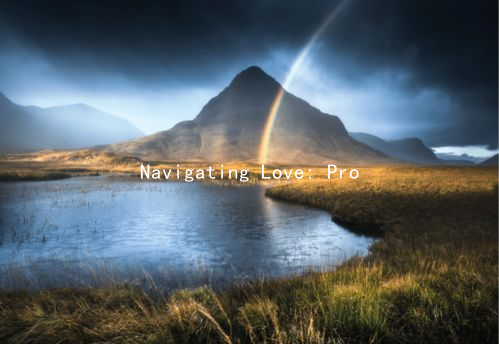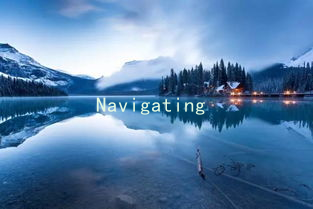The Future of Love: How Ethical Considerations Shape Romantic Connections
In todays fast-paced digital world, the landscape of romantic connections is evolving rapidly. As we navigate the complexities of love and relationships, ethical considerations have begun to play a significant role in shaping how we interact with potential partners. Understanding these ethical implications is essential, as they not only influence personal relationships but also define broader societal norms.
One of the key aspects of modern romance is the rise of online dating and relationship apps. These platforms have made it easier than ever to meet potential partners, yet they also present unique ethical challenges. Users must consider the authenticity of their profiles and the importance of honesty in their interactions. Misrepresentation, whether deliberate or accidental, can lead to misunderstandings and hurt feelings. The ethical approach involves being transparent about one’s intentions, desires, and circumstances, fostering a respectful and honest foundation for potential relationships.
Moreover, the issue of consent has gained increasing attention. In a world where conversations about boundaries and mutual respect are becoming more commonplace, individuals are encouraged to communicate openly about their needs and desires. Navigating the waters of consent goes beyond the initial stages of dating; it extends into the dynamics of established relationships, where ongoing consent is crucial. Partners should feel empowered to express their feelings and limits, ensuring that both individuals engage in a healthy and equitable partnership.
In the realm of social media, ethical considerations take on another dimension. The portrayal of relationships online often skews reality, leading to unrealistic expectations and potential jealousy. Couples must navigate the delicate balance of sharing their love life while maintaining privacy and authenticity. Ethical social media use involves being mindful of how one’s posts may affect partners, avoiding the trap of comparison, and recognizing the curated nature of online personas.

Additionally, the changing attitudes towards relationships, such as the increasing acceptance of non-traditional models—like polyamory or open relationships—bring forth ethical dilemmas. These arrangements require a high level of communication, honesty, and mutual respect to ensure that all parties involved feel valued and secure. Embracing diversity in relationship structures challenges societal norms and calls for a broader understanding of what love can look like, emphasizing that love, in its many forms, should honor the individuals at its core.
Cultural considerations also play a substantial role in shaping romantic connections. As relationships become more globalized, individuals encounter varying cultural perspectives on love, marriage, and partnership. Engaging in cross-cultural relationships presents its unique ethical challenges, such as differing expectations surrounding family dynamics, communication styles, and gender roles. Navigating these complexities demands a deep cultural awareness and empathy, allowing for an enriching experience that honors both partners backgrounds while finding common ground.
Ultimately, as we move toward the future of love, ethical considerations will continue to influence the way we build and sustain romantic connections. Prioritizing honesty, consent, respect, and cultural sensitivity can pave the way for healthier, more fulfilling relationships. By recognizing and addressing these ethical dimensions, individuals can cultivate connections that are not only deeply personal but also resonate positively within the larger social context. As we embrace the future of romance, let us commit to fostering connections that reflect our highest values and aspirations for love.





